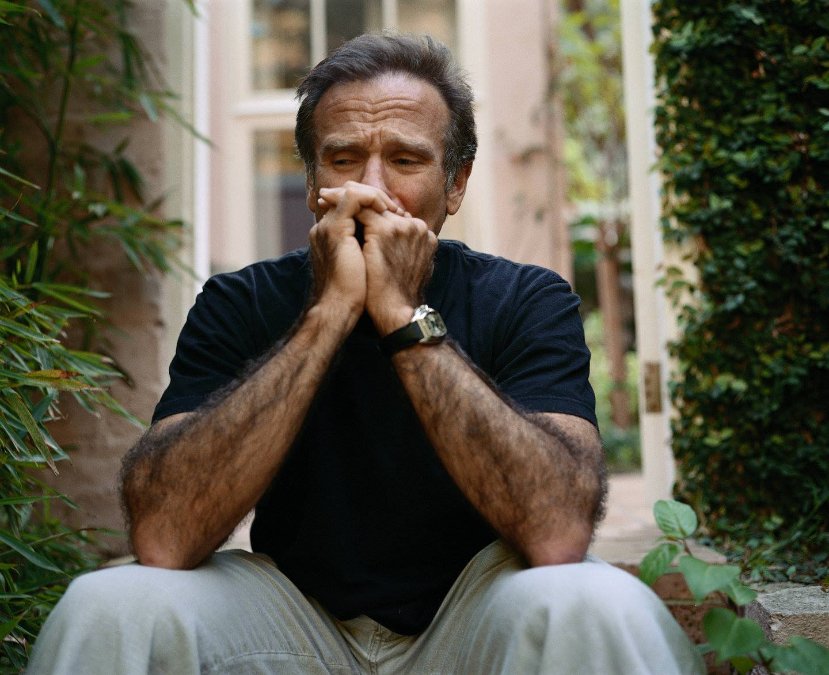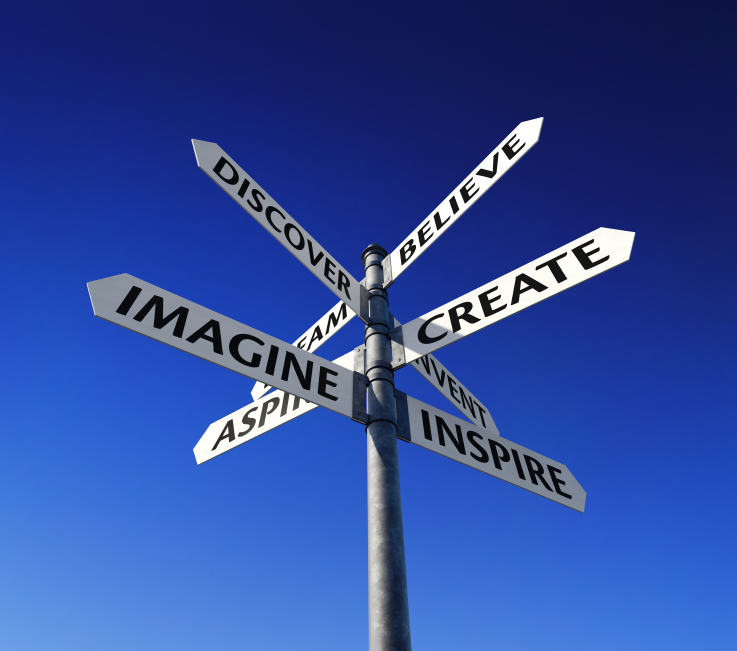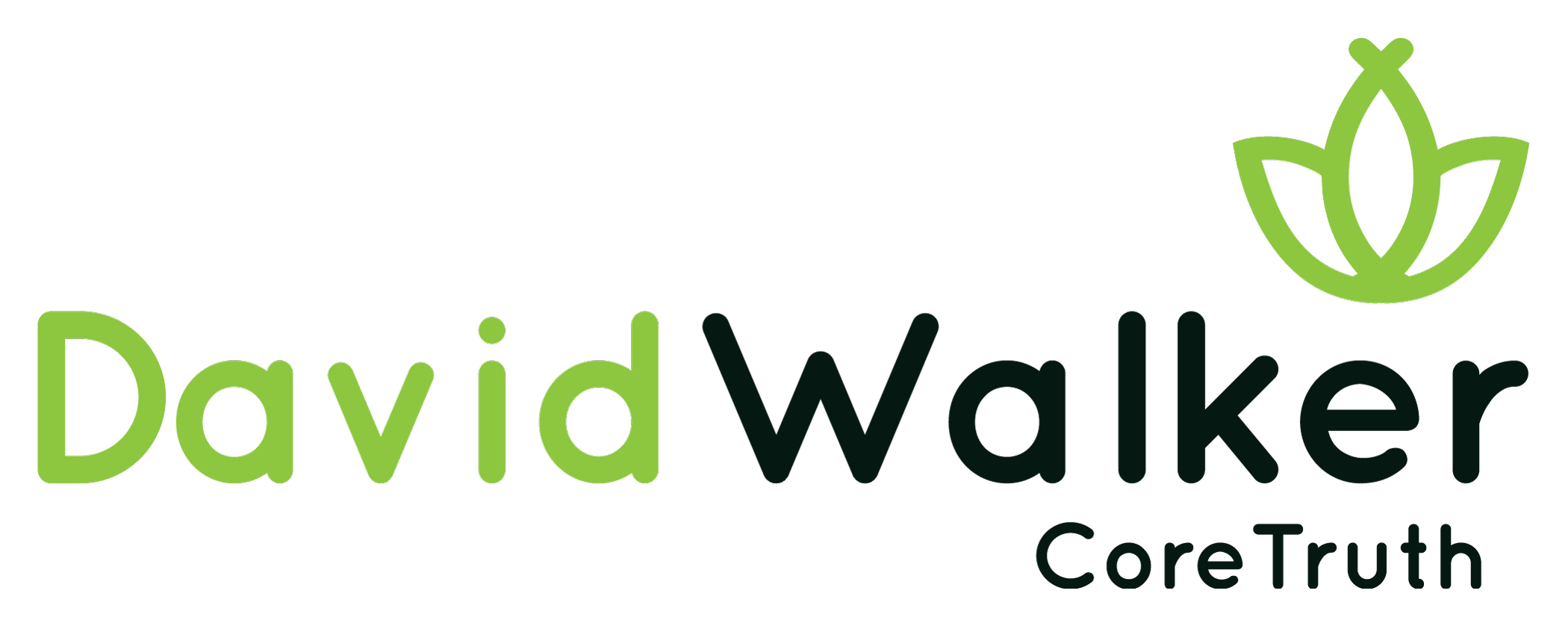
For me, the success of building a High Performance team comes not solely from the more conventional ways of skills and behavioural training but more profoundly from the willingness for each individual to take 100% personal responsibility not only for themselves but for the whole team.
This is a courageous way of turning up in the world because what it really means is that if there is a lack of performance in the team, it is highlighting a situation for each person to own rather than only the people directly with whom the issue shows up for. When we see an issue arise in a team where we are not getting what we really want, say a team member who is always dragging their heels or not meeting their promised deadlines, instead of having the attitude of, ‘ well that’s their problem, not mine’ a courageous leader would take a moment to look closely at what is occurringinside them to see in what way they are contributing to that dynamic.
Now, this is not initially an easy thing to do and perhaps why courageously led high performance teams are not yet the norm because it just doesn’t make sense to our rational mind to accept that we have any effect over another person. We are unaware of how unconsciously we are effecting our experience and the people in it, all the time through how we are being not just what we are doing or saying. The communication within a team is 90% of the time non-verbal! That’s sounds crazy to our heads and that’s because we live in a world which places so much power in intellect and words without acknowledging the whole energetic communication piece. this is what is only just starting to be addressed in major corporate business environments when they talk of EQ or emotional intelligence.
Simply put, when each member of a team has a commitment to having a firm understanding of who they are, are practicing being mindful and present in the moment, are taking responsibility for not only how they show up but also for how the whole team shows up, that’s how a high performance team works in the new paradigm.
Collaboration sounds like such a lovely word and we talk a lot of how important it is to collaborate but when it comes down to it, how can there be true collaboration when there are individual agendas driving what is meant to be a team? And whats more amusing is that most of those agendas are unconscious ones which come from inside each person.
Currently collaboration means something like;
“I will listen to what you have to say and look like I will compromise on what feels right according to me in my framing of the world, so long as you ultimately see that MY way is the best way!”
How about choosing it to mean something more like this;
I commit to me turning up the best version of me in relationship to you and choosing to communicate my truth about what I feel and think about whatever it is we are aiming for and not withholding that or mind reading what I imagine you are thinking and feeling!”
This would foster a natural feeling of collaboration through authentic communication. Each person would be much more mindful of what they really meant and would listen for what someone was really saying and encourage (instill courage!) each member to fearlessly go for their whole truth. Now that would be a way of having a high performance team!

From previous posts, I would expect that it would now be obvious that I am perhaps a little renegade in my approach to courageous leadership!
This post is no exception. I acknowledge upfront that everything is perception and very much depends on which context you are sitting in when discussing any subject.
With that said, I often feel uninspired by models which attempt to explain our human condition. The reason why I do is because most that I have come across attempt to define people through what they do, ie the strategies, beliefs and values which a person lives and behaves by.
Though this can be extremely interesting and intellectually satisfying, and also often provides a way for conventional corporate business to measure success and return on investment, it still only ever comes from a paradigm of ‘managing, fixing, changing or improving’ . In other words, how can we use this information to improve or ‘deal with’ the dysfunctional behaviours which turn up in our people/company?
As a non-conventional leader, I would not be satisfied with the norm in that regard. I would be looking to the foundation of any particular issue and look truthfully at how I could transform it rather than fix it up. I’d want a transformation approach rather than a continual band-aid approach which came from moving a few pieces of ‘problem’ around in the hope that things would be better.
Courageous leadership for me is where you realise that transformation, rather than fixing, is preferable and that happens from a contextual place rather than from a content shake up. So in simple terms, make a shift in the context of each individual and sit back, be present and watch how the content changes automatically.
I feel it is vitally important for me to be clear in saying that there is nothing essentially wrong with the conventional approaches that focus on the content – only that you acknowledge the limitation and ask yourself as a leader, what it is you are really looking to create?

The news of comedian Robin Williams passing and the flurry of pithy memes about depression and anxiety on Facebook have inspired me to share a personal perspective with you. I share from the perspective of someone who at the age of 21 was almost diagnosed with manic depression (now termed bi-polar disorder).
To explain why “almost”, I was fortunate enough to be referred to an excellent GP who was also trained as a naturopath/dietician. When presented with my symptoms and story, she explained that had I gone to a conventional doctor I would have been labelled as manic depressive and put on long-term medication. She however saw the opportunity to support me first through her naturopathic and dietary expertise and asked for my total commitment for a minimum of 3 months to work her way. I had been plagued with bouts of inexplicable “black cloud” days, every 4-6 weeks, ever since my mid-teens. I had managed these moods simply through conventional methods of cognitive behavioural therapy (CBT), psychology sessions and well- intentioned love and support from friends and family. Whenever I reached out grasping straws to gain an understanding of why I was feeling so wretched, it had seemed the only way. So when she asked for 3 months of commitment, I really had to dig deep to find the reserve to truly give her approach all I had. Suffice to say, it was an approach that started me on a thankfully non-mainstream approach to taking responsibility for what was occurring in my life rather than a diagnosis which disempowered me and made me believe that I was at the mercy of life and victim of bad luck or bad genes, rather than my own head with its thoughts and emotions.
With this weeks news, I just can’t see the long-term value in simply “managing” depression and I was reflecting on my own past experience of depression and anxiety and realised that if the best I could do in my life was to “manage” it , I really would rather not be here at all. It’s like I would be living my life as if there was a wolf by my door and that just isn’t a way to live for me. It would take up my space and be constantly draining of my energy which in turn would add to the cycle of heaviness and depression. I don’t believe the current way of looking at depression actually supports people to move through what is happening but rather labels them as damaged and broken people. Even worse, in more recent years with the advent of Prozac and other similar drugs, normalizing it in a way by handing out anti-depressant pharmaceuticals as soon as anyone displays any sadness or imbalance of emotions at all. It’s as if we are all supposed to go around feeling happy! happy! joy! joy! all the time regardless of what is occurring in our lives and independent of the often self-sabotaging and unconscious choices we are making.
I don’t deny that some people appear to have more challenge around their emotions than others and that it isn’t an arduous and seemingly impossible task to build up your own emotional resilience (something that seems almost to be being bred out of our western society). By emotional resilience i mean a person’s ability to know and feel grounded and safe within, regardless of the thinking and emotions and external circumstances surrounding them. Instead it seems we are breeding a generation for whom pain isn’t a natural part of living – I’m often reminded of the fabulous futuristic animated movie, Wall-E where humans, after exhausting the earth and it’s resources, live in a space station where they have machines waiting on them hand and foot and don’t even get out of their chairs and are unhealthy and over-weight and being told what they should think and feel by media… sounds scarily familiar doesn’t it?!
This continual cycle of making the external things easier on the emerging generations seems to give a more and more divided response. The ones who relinquish their responsibility and therefore weaken their emotional and physical resilience and the ones who choose to stop avoiding the challenging and painful situations inherent to being human and use them as opportunity to dig deeper to their innate power and resilience within.
The latter approach is why I was drawn to do and love what I do today. If I hadn’t experienced the extraordinarily challenging emotions and head-games in my earlier life, I truly believe that I wouldn’t have found who I truly am and be doing what I love, certainly with as much awareness and depth as I have now. I couldn’t be authentic in my support of people moving through the challenges of their own limited judgments, sad,angry, ‘not good enough’ thoughts and emotions that flood their body if I hadn’t been through that challenge myself and carved a pathway through to the other side.
Strange logic as this may seem, but my feeling is that Robin Williams, like so many of the people we collectively hold in such high regards (Whitney Houston, Marilyn Monroe etc) and give responsibility to for making us happy and entertained, had been ‘managing’ his depressiveness for a very long time. Resulting in so many of our public figures simply self-combusting, self-sabotaging, numbing with alcohol and drugs and food and sex all to try to keep that metaphorical wolf away from the door. And my feeling is that after giving so much to the world, as testified by so many messages from his fans of how he helped them through tough times, is offering his one final gift of showing the world that managing doesn’t work. And not to be fooled by the smile on a clowns face…

“We heard a joke once: Man goes to doctor. Says he’s depressed. Says his life is harsh and cruel. Say he feels all alone in a threatening world.
Doctor says, “Treatment is simple. The great clown Pagliacci is in town tonight. Go see him. That should pick you up.
Man bursts into tears. “But doctor…..I am Pagliacci”

It’s easy to have your head convince you of separateness when you don’t have a practice of being present. The thoughts and emotions can take you over and convince you in an instant.
I’ve noticed this happening for many people particularly in the past couple of weeks where the tendency to buy into the story of fear and judgment has been strong. I feel a link between that and the increased amount of fearful media and spreading of propaganda which stirs up the primal fight or flight response in many.
Stepping out of the story and being selective about what you listen to and surround yourself with goes part of the way in building your resilience but also a practice of mindfulness and stillness is invaluable.
The more there is a critical mass of people choosing to drop out of their heads and into their feeling, the more we will be following what is true for us rather than following the pied piper blindly.
#courage #buyingintofear #presence

The consciousness mind is you awareness at the present moment. You are aware of something on the outside as well as some specific mental functions happening on the inside. For example, you are ware of your environment, your breathing, or the chair that you are sitting on.
The subconscious mind or the preconscious mind consists of accessible information. You can become aware of this information once your direct your attention to it. Think of this as memory recall. You walk down the street to your house without consciously needing to be alert to your surroundings. You can talk on the cell phone and still arrive home safely. You can easily bring to consciousness the subconscious information about the path to your home. You can also easily remember phone numbers that you frequently use.
It is possible that some of what might be perceived to be unconscious becomes subconscious, and then conscious (e.g. a long-forgotten childhood memory suddenly emerges after decades). We can assume that some unconscious memories need a strong, specific trigger to bring them to consciousness; whereas, a subconscious memory can be brought to consciousness more easily.
The unconscious mind, consisting of the primitive, instinctual wishes as well as the information that we cannot access. Although our behaviors might indicate the unconscious forces that drive them, we don’t have easy access to the information stored in the unconscious mind. During our childhood, we acquired countless memories and experiences that formed who we are today. However, we cannot recall most of those memories. They are unconscious forces (beliefs, patterns, subjective maps of reality) that drive our behaviors.
Corsini, R. J., & Wedding, D. (2011). Current psychotherapies (9th ed.). Belmont, CA: Brooks/Cole.
and Thanks to StarOverSky.com






